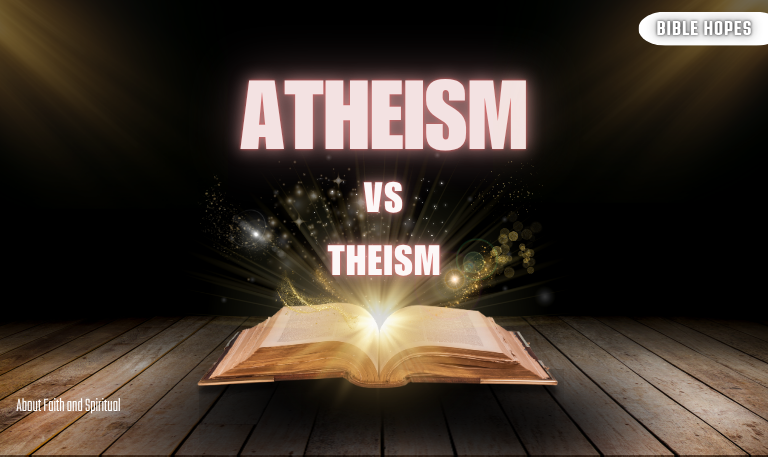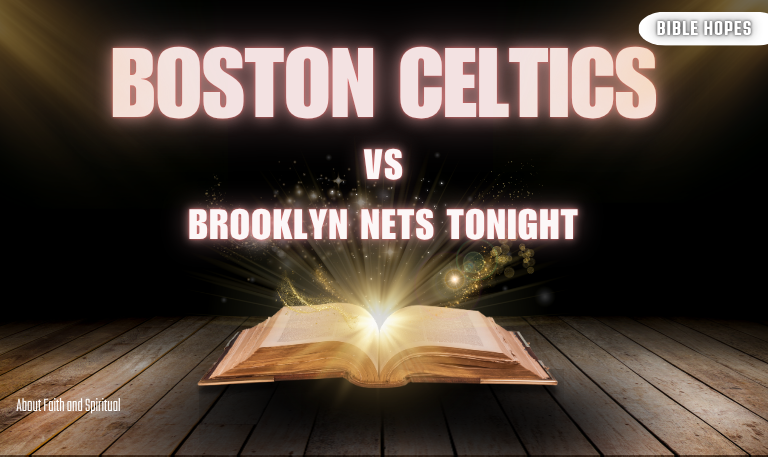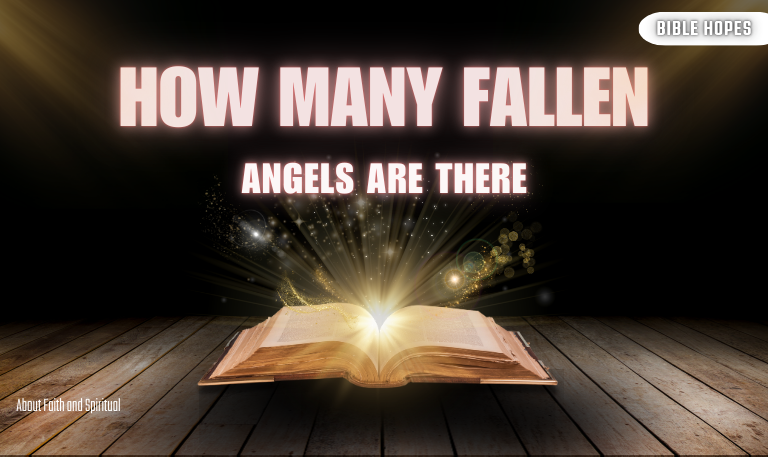The debate between atheism vs theism has shaped philosophy, religion, and culture for centuries. At its core, this debate asks one fundamental question: Does God exist? While theism affirms the existence of one or more deities, atheism denies or lacks belief in such divine beings.
Understanding this contrast is not only essential for philosophical discourse but also offers insight into cultural, ethical, and scientific perspectives that influence millions worldwide. This article offers a deep dive into the history, arguments, and implications of atheism and theism, while answering common questions to help you form an informed view.
1. What Is Theism? Defining the Belief in God(s)
Theism is the belief in the existence of at least one deity, often a personal god who is involved in the universe. This belief is foundational to many major world religions including Christianity, Islam, Hinduism, and Judaism.
Monotheism: Belief in a single god (e.g., Christianity, Islam, Judaism).
Polytheism: Belief in multiple gods (e.g., Hinduism, ancient Greek religion).
Deism: Belief in a creator god who does not intervene in the universe.
Theism’s Influence
Theistic belief systems have influenced legal systems, moral codes, art, and community structures for thousands of years. The concept of a divine creator often provides adherents with a framework for understanding existence, morality, and purpose.
Read Also: Lutheranism vs Catholicism
2. What Is Atheism? The Absence of Belief in God
Atheism is the absence of belief in gods or the explicit belief that no gods exist. It is important to differentiate:
Strong (Positive) Atheism: Affirmatively believes no gods exist.
Weak (Negative) Atheism: Simply lacks belief in gods without asserting their non-existence.
Atheism’s Historical Context
Though often considered a modern phenomenon, atheistic ideas date back to ancient philosophers like Epicurus and certain Buddhist traditions. The rise of scientific inquiry and secularism in the Enlightenment era propelled atheism into more public discourse.
3. Theism vs Atheism: Clarifying Common Misconceptions
| Misconception | Reality |
|---|---|
| Atheists are immoral | Many atheists follow secular ethical systems emphasizing empathy and social responsibility. |
| Theism means religion only | Theism broadly covers belief in gods, which can exist outside organized religion. |
| Agnosticism is atheism | Agnosticism deals with knowledge (claiming it’s unknown if gods exist), distinct from belief. |
4. Philosophical Arguments Supporting Theism
Theism is often supported by classical philosophical arguments:
Cosmological Argument
Suggests everything that exists has a cause; therefore, the universe must have a first cause—often identified as God.
Teleological (Design) Argument
Argues that the complex order and purpose in the universe imply an intelligent designer.
Moral Argument
Posits that objective moral values exist and are best explained by the presence of a moral lawgiver.
Ontological Argument
A philosophical reasoning that conceptualizes God as the greatest being conceivable, thus must exist in reality.
Personal Experience and Faith
Many believers cite personal experiences or spiritual encounters as evidence for God’s existence.
5. Philosophical Arguments Supporting Atheism
Atheism often relies on critical examinations and alternative explanations:
Problem of Evil
Questions how an all-powerful, benevolent god can allow suffering and evil.
Argument from Inconsistent Revelations
Points out contradictions between different religious texts and claims, undermining exclusive theistic truth claims.
Lack of Empirical Evidence
Challenges the existence of deities due to absence of testable, empirical proof.
Burden of Proof and Skepticism
Emphasizes that theists must provide evidence for claims, otherwise non-belief remains rational.
6. Science and the Debate: Atheism Vs Theism
Science is often viewed as either opposing or complementing religious belief.
Scientific Explanations of the Universe
The Big Bang theory explains universe origins without invoking a deity.
Evolution by natural selection explains biological complexity without design.
Science vs Religion: Conflict or Coexistence?
Many scientists are theists; others are atheists or agnostic. The perceived conflict often arises when literal interpretations of religious texts contradict scientific findings.
Neuroscience of Belief
Studies suggest that belief and disbelief activate certain brain regions, showing both can be natural cognitive states.
7. Psychological and Sociological Perspectives
Why do people believe or disbelieve in gods?
Psychological comfort: Belief in a higher power can reduce anxiety about death and uncertainty.
Cognitive tendencies: Humans are pattern seekers, often attributing events to intentional agents.
Cultural influence: Religion and belief systems are deeply embedded in social identity and upbringing.
8. Ethics Without God: Morality in Atheism and Theism
Morality in Theism
Many theists argue morality is grounded in divine command or scripture.
Secular Morality
Atheists often embrace ethical frameworks such as utilitarianism, humanism, or virtue ethics, which do not rely on divine authority.
Can morality exist without belief in God? Yes. Studies show secular societies often have strong ethical standards and social cohesion.
9. Modern-Day Atheism and Theism: Social Trends
Increasing secularization in Western countries with rising atheist and agnostic populations.
Continued growth of religious populations globally, especially in developing nations.
Political and cultural debates influenced by religious beliefs or secularism.
10. Common Questions in the Atheism Vs Theism Debate
Can atheism and theism coexist peacefully?
Yes, many advocate for respectful dialogue and coexistence despite differing beliefs.
Is atheism simply a rejection of religion?
Not necessarily; atheism is about belief in gods, whereas religion encompasses broader cultural practices.
Do atheists lack meaning or purpose?
Many atheists find meaning through relationships, creativity, and personal values.
Read Also: Is Karma Real
11. Notable Debates and Figures
Bertrand Russell vs. G.E. Moore: Classic early 20th-century philosophical debates on God’s existence.
Richard Dawkins vs. William Lane Craig: Modern scientific and theological debate on faith and evidence.
Sam Harris and Christopher Hitchens: Prominent atheist voices challenging religious dogma.
12. How to Discuss Atheism and Theism Respectfully
Listen actively and empathetically.
Avoid stereotypes and generalizations.
Focus on ideas, not individuals.
Seek common ground and mutual understanding.
Atheism Vs Theism FAQs
Q: What is the difference between atheism and theism?
A: Atheism is the absence of belief in gods, while theism affirms belief in at least one god.
Q: Can someone be both atheist and religious?
A: Generally no, but some identify as spiritual atheists or secular theists, blending cultural practices with non-belief.
Q: What are the strongest arguments for God’s existence?
A: Commonly, the cosmological, teleological, and moral arguments are cited.
Q: Why do people become atheists?
A: Reasons include lack of evidence, exposure to scientific explanations, or dissatisfaction with religious teachings.
Q: Is morality possible without belief in God?
A: Yes. Secular ethical systems provide frameworks for morality independent of religion.
Q: How prevalent is atheism worldwide?
A: Estimates vary; roughly 7% to 16% of the global population identify as atheists or non-religious.
Q: Does science disprove God’s existence?
A: Science explains natural phenomena but does not definitively prove or disprove the supernatural.
Q: Can atheism and theism coexist peacefully?
A: Yes, with mutual respect and open dialogue, coexistence is possible.
Q: What is secular humanism?
A: A philosophy that emphasizes human reason, ethics, and justice without religious belief.
Q: How do atheists find meaning and purpose?
A: Through relationships, creativity, personal goals, and contributing to society.
Conclusion
The Atheism Vs Theism discussion touches on fundamental questions about existence, meaning, and truth. While theism provides answers rooted in faith and divine authority, atheism offers a perspective grounded in skepticism and empirical inquiry. Understanding both viewpoints fosters greater respect, tolerance, and self-reflection—qualities essential in our diverse global community.



![15 Pink Bible Verses | Discover Meaning, Love [2025 Guide] 5 15-Pink-Bible-Verses-Discover-Meaning,-Love-[2025-Guide]](https://biblehopes.com/wp-content/uploads/2025/05/15-Pink-Bible-Verses-Discover-Meaning-Love-2025-Guide.png)